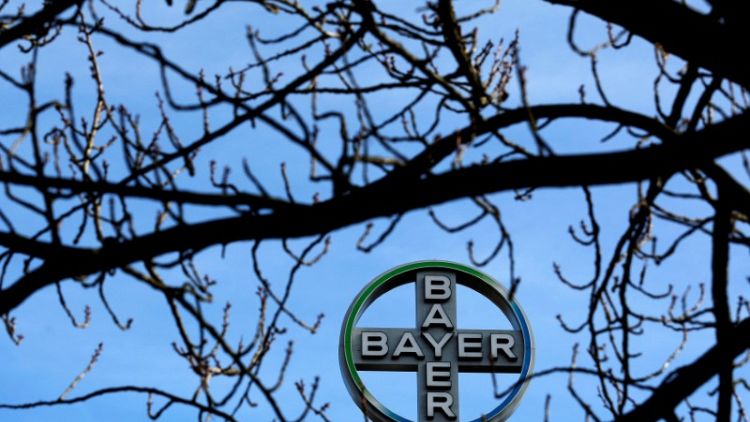By Tina Bellon
NEW YORK (Reuters) - Healthcare company Bayer <BAYGn.DE> on Friday said it would discontinue the sale of its birth control product Essure in the United States, citing a decline in sales of the implantable device which made the business no longer sustainable.
Friday's decision follows an announcement by the company in September 2017 to discontinue the sale of the contentious sterilisation device in all countries outside the United States.
Bayer in a statement said the decision was not related to safety concerns.
"The benefit-risk profile of Essure has not changed, and we continue to stand behind the product's safety and efficacy, which are demonstrated by an extensive body of research," the company said.
The company said it has informed the U.S. Food and Drug Administration of the decision and will also directly update healthcare providers.
Essure will gradually be phased out and U.S. sales halted by the end of 2018. Doctors will be able to perform Essure procedures throughout 2019, until they are asked to return unused devices by the end of next year.
As of January, Leverkusen, Germany-based Bayer is facing some 16,000 U.S. lawsuits over Essure. The company said it was expecting additional lawsuits.
Plaintiffs allege that Essure, which is implanted in a woman's fallopian tubes to permanently block an egg's passage to the uterus, could pierce the tubes.
The women claim that metal parts of the device can become loose and migrate into other body parts, causing pain, injuries and severe bleeding. They also claim that the device failed to prevent unwanted pregnancies and led to nickel allergies and depression.
The women who sued Bayer allege the German drugmaker knew of the risks associated with Essure, but failed to warn sellers, doctors and regulators of the dangers.
Steven Immergut, a Bayer spokesman, said the company had sold roughly one million Essure devices worldwide since the product came on the market in 2002.
The majority of those sales were in the U.S. Since then, the company has seen an average 40 percent annual decline in U.S. sales, Immergut said.
The FDA was not immediately available for comment.
The agency is monitoring Essure in several clinical studies to gather more information on the device's safety. It was not immediately clear what impact Bayer's decision would have on the studies.
The FDA in April limited the sale of Essure to healthcare facilities that provide full information about the device's risks and benefits.
(Reporting by Tina Bellon; editing by Clive McKeef)



